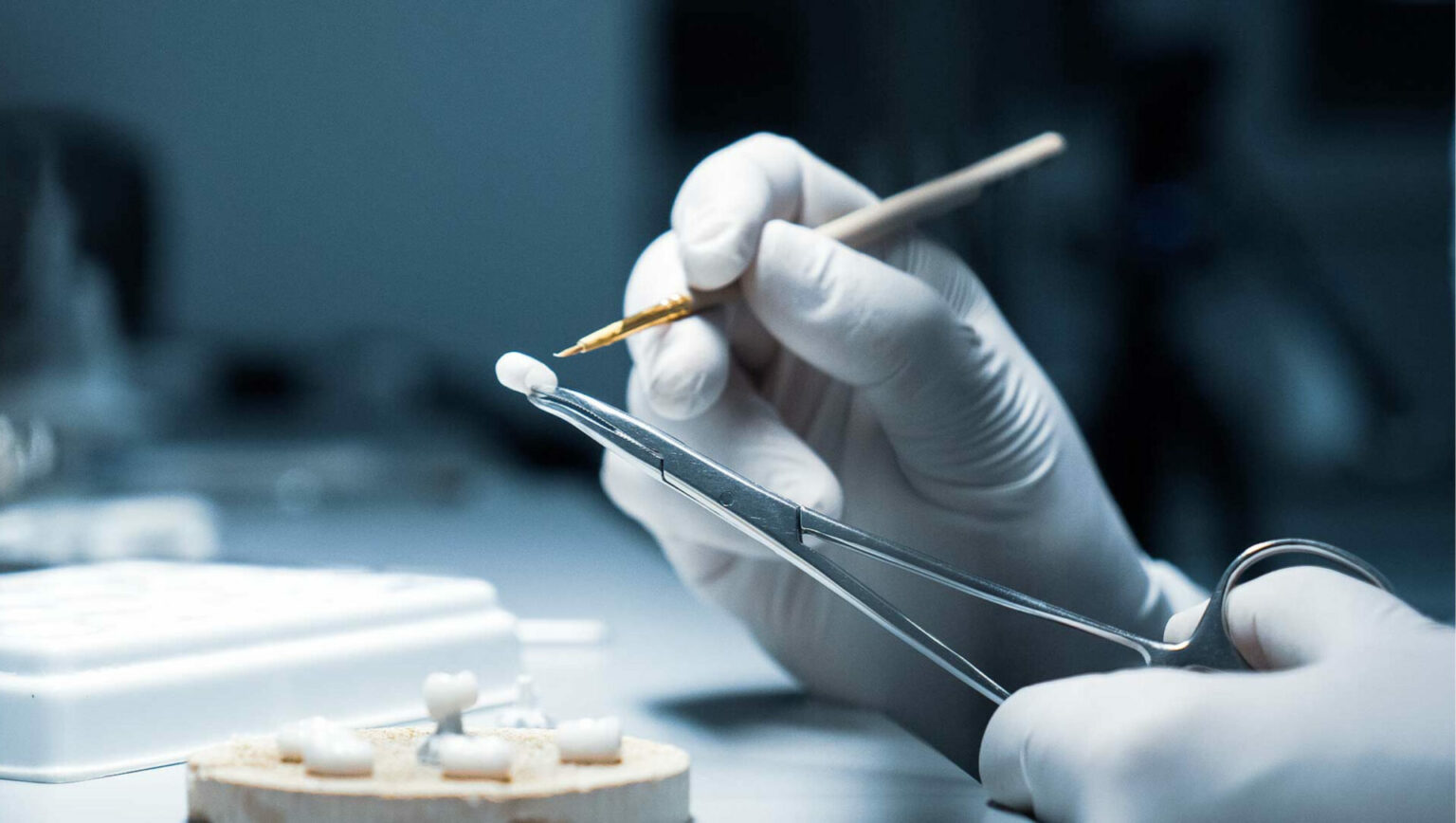According to a recent article, a Japanese experimental drug that may revolutionize the dental industry by enabling teeth regrowth is currently moving into clinical trials to perhaps produce the first medicine in history to regrow teeth. It’s likely that dentists’ long-held wish may soon come true.
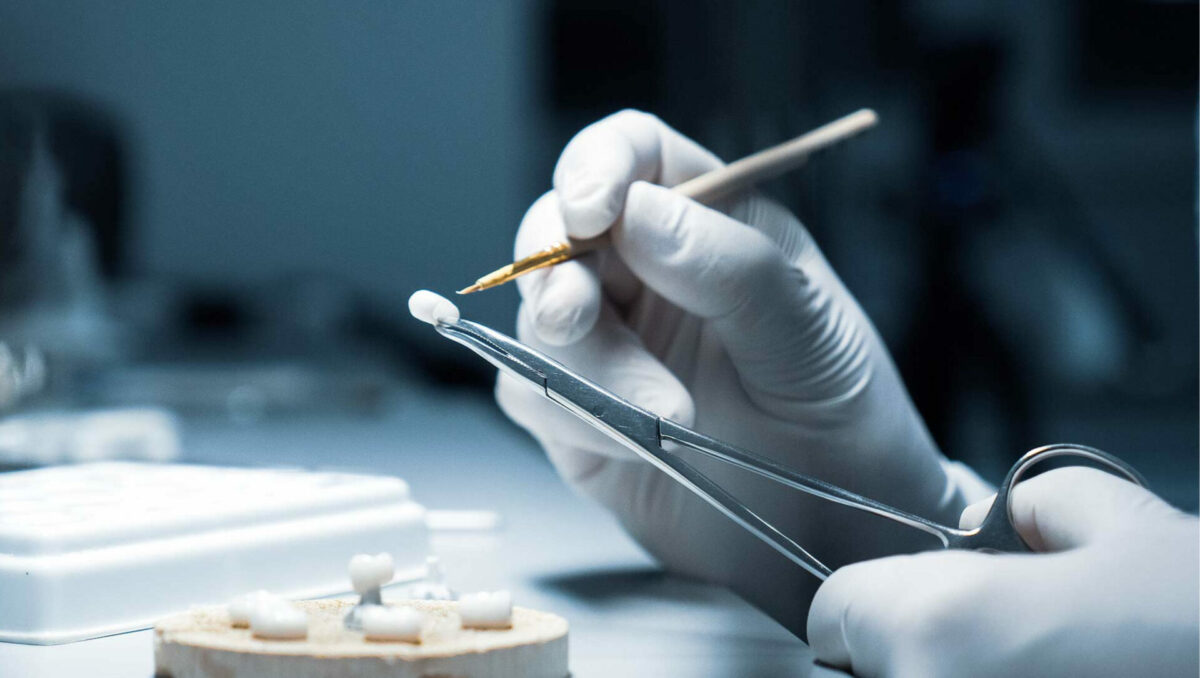
Patients who, as a result of circumstances that arise during birth, have not grown a full set of teeth are eligible to take part in the trial.
Anodontia: The disease of No Teeth
Anodontia, or the complete absence of teeth, is the medical word for the inherited disorder. The National Organization for Rare Disorders (NORD) states that individuals with partial anodontia have some teeth missing. When babies don’t have teeth by the time they are 13 months old, medical professionals begin to suspect a dental issue, according to the Cleveland Clinic.
According to Cleveland Clinic, these people frequently struggle to talk and chew, which can have an adverse effect on their digestion, harm their gums, and impede the growth of their jawbone.
The Centres for Disease Control and Prevention (CDC) stated on its website that severe tooth loss, defined as having eight or fewer teeth, affects the capacity to eat meats, fruits, and vegetables and poses yet another difficulty to maintaining a balanced diet.
According to the CDC, about one in six Americans 65 and older have lost all of their teeth, while over a fifth of adults in the U.S. have eight or fewer teeth.
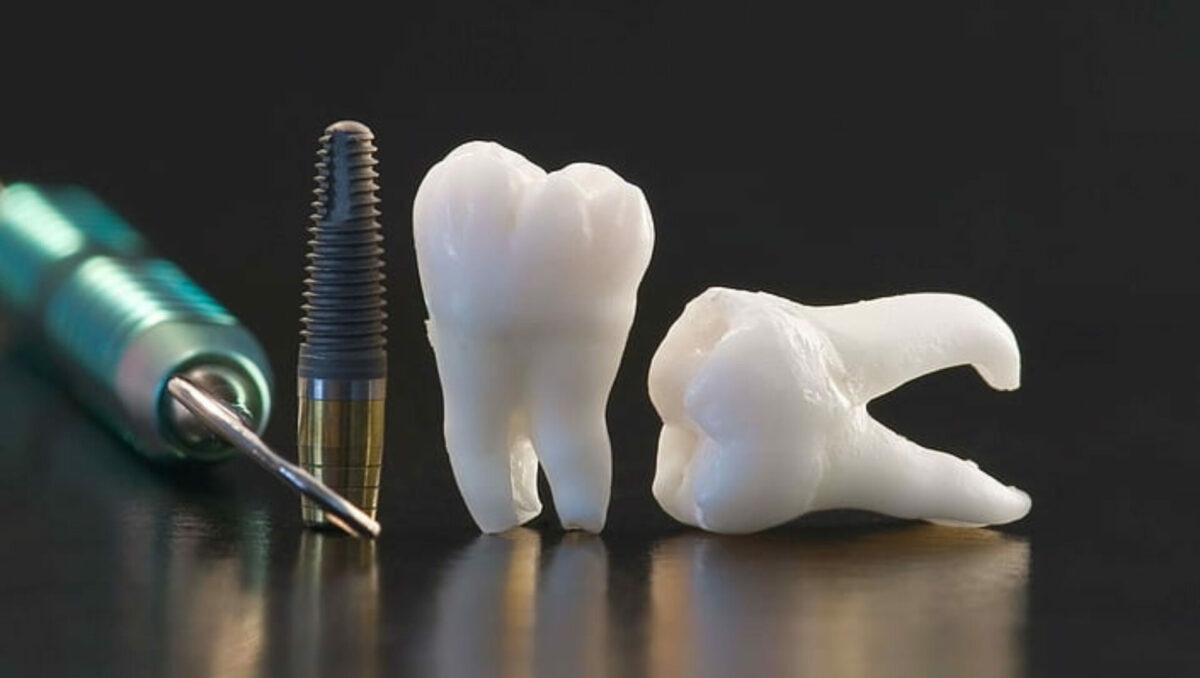
The Brain behind
According to Dr. Katsu Takahashi, the study’s lead author and director of the dentistry and oral surgery division at the Medical Research Institute Kitano Hospital, growing new teeth is every dentist’s dream. According to sources, Takahashi has been working on realizing his ambition since he was a graduate student.
In 1991, Takahashi graduated from dentistry school and enrolled at Kyoto University in Kyoto, Japan, to take graduate-level molecular biology courses. After receiving his degree, he departed for the United States, where scientists were only beginning to identify genes that might lead mice to get fewer teeth.
Gene for Teeth Development
Takahashi chose to conduct additional research by focusing on specific genes that could possibly grow teeth after learning that the number of teeth varied solely with one gene mutation. With fresh motivation, he went back to Kyoto University in the year 2005 to collaborate with scientists who had discovered a gene that produced the USAG-1 protein, which controls how many teeth can develop.
His research team created an antibody that clung to the protein to prevent its action because this seemed to indicate that “blocking” the protein could result in the growth of more teeth. It is anticipated that the medication being developed for tooth regeneration will activate these genes to promote the creation of new teeth. If it is successful, it could offer a novel treatment for those who have missing or underdeveloped teeth. Neutralizing antibody therapy to produce dental tissue is a relatively recent field of study.
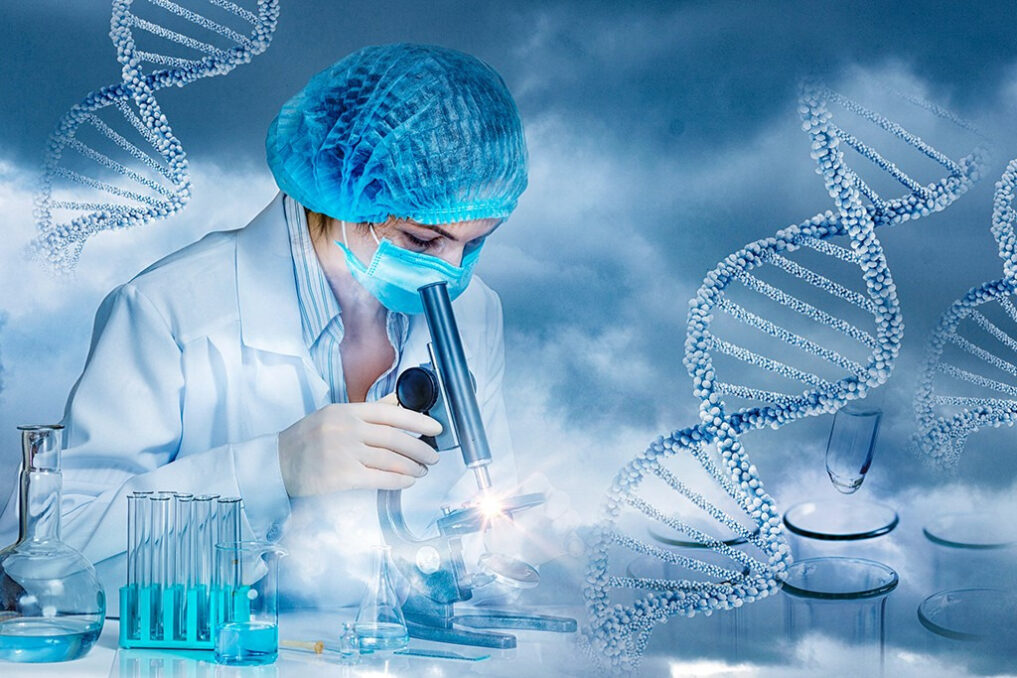
The Study
In laboratory tests conducted in 2018, mice who only had a few teeth gained additional teeth after taking the antibody medication. The clinical trials are scheduled to start in Japan in July 2024. By 2030, if the study is successful, the medication might be eligible for regulatory approval.
The Japanese research team concluded that USAG-1 regulates the number of teeth by preventing their development when they published their findings in Science Advances in 2021.
Professor and interim principal investigator at the Weintraub Centre for Reconstructive Biotechnology at the UCLA School of Dentistry in Los Angeles, Takahiro Ogawa was not a participant in the study. He said that because the researchers employed animal models, it is still unclear whether the results apply to people. He added that the research is still in its early stages and that it is planned to perform a clinical trial in the most severe cases of [complete tooth loss as a result of congenital illness.
If further research is successful, the medication might eventually be expanded to treat more widespread illnesses like gum disease, which frequently result in tooth loss.
We anticipate that technology will continue to advance in order to meet these issues, improve the protocol, and establish safety and dependability, according to Ogawa.
Looking forward
This medication may have effects that transcend beyond aesthetic ones. The ability to chew and speak more clearly can improve, which will ultimately lead to better digestion and oral health. Additionally, it can shield your gums from harm and encourage healthy jawbone development.
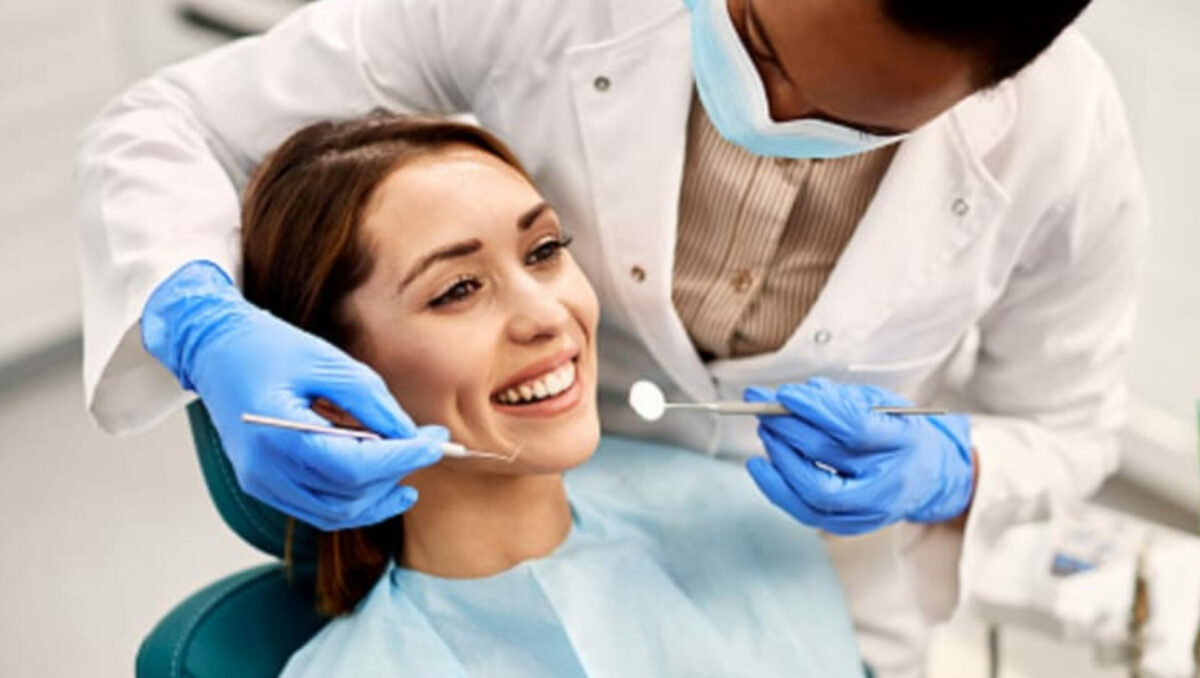
In addition to revolutionizing dental treatment, the capacity to regrow teeth could offer hope to people who have struggled with tooth loss or underdevelopment. Dentures, implants, and other artificial tooth replacements might not be necessary.
Researchers will rigorously examine the safety and efficacy of the drug as the clinical studies move forward. It may open the door for other developments in dental regenerative medicine if it is effective.
For both patients and dentists, the discovery of a drug that can restore teeth is an exciting prospect. It has the potential to revolutionize the dental industry and enhance the lives of those with missing or underdeveloped teeth.Although there may still be obstacles in the way of regulatory approval, the advancements being made in Japan give promise for a time when teeth can regrow.







